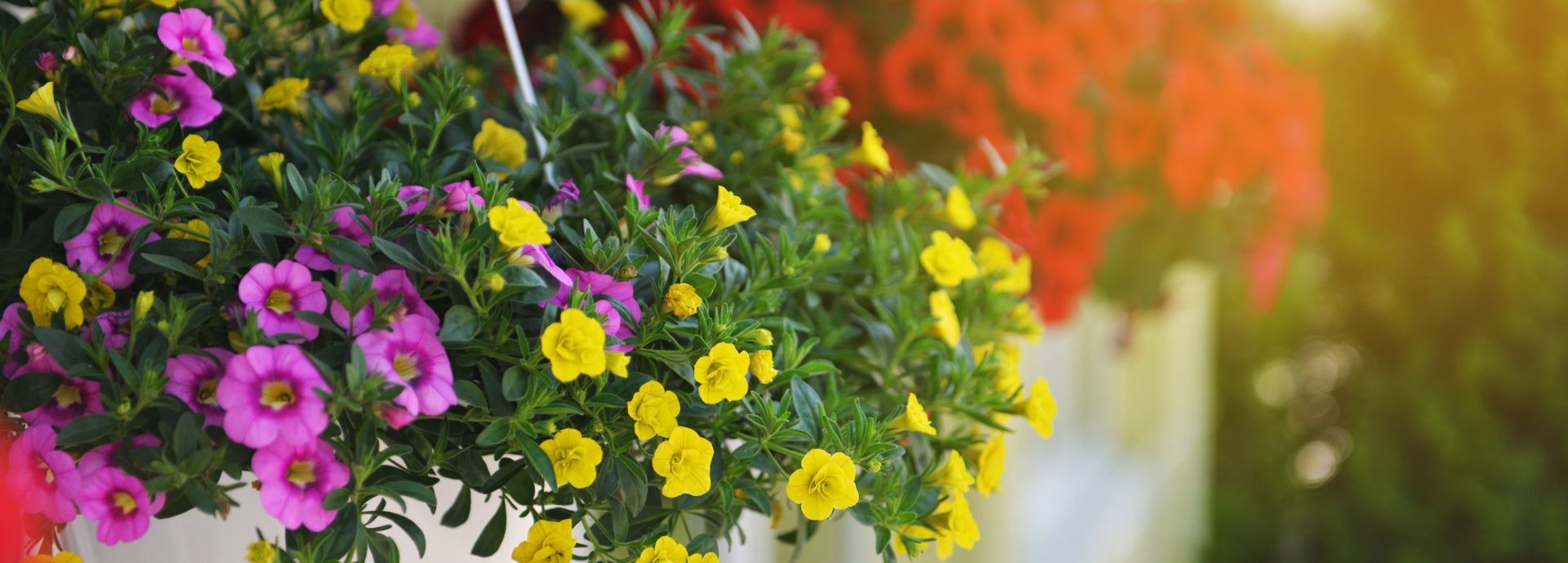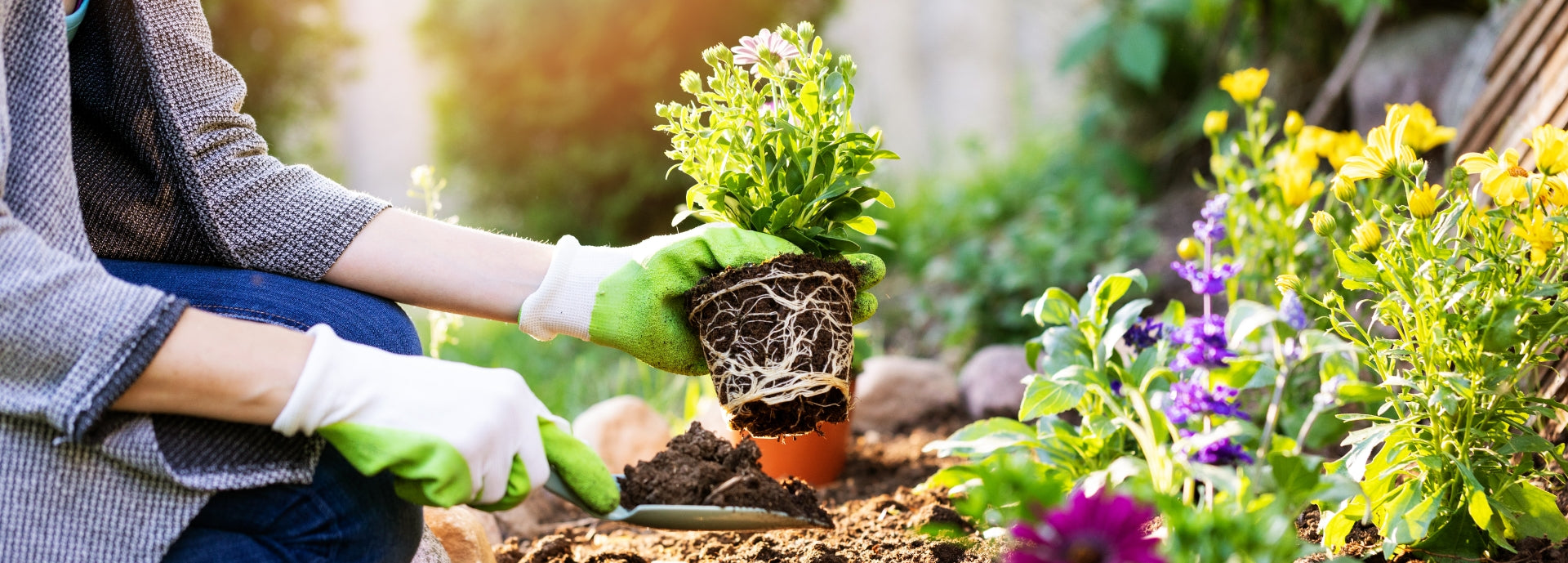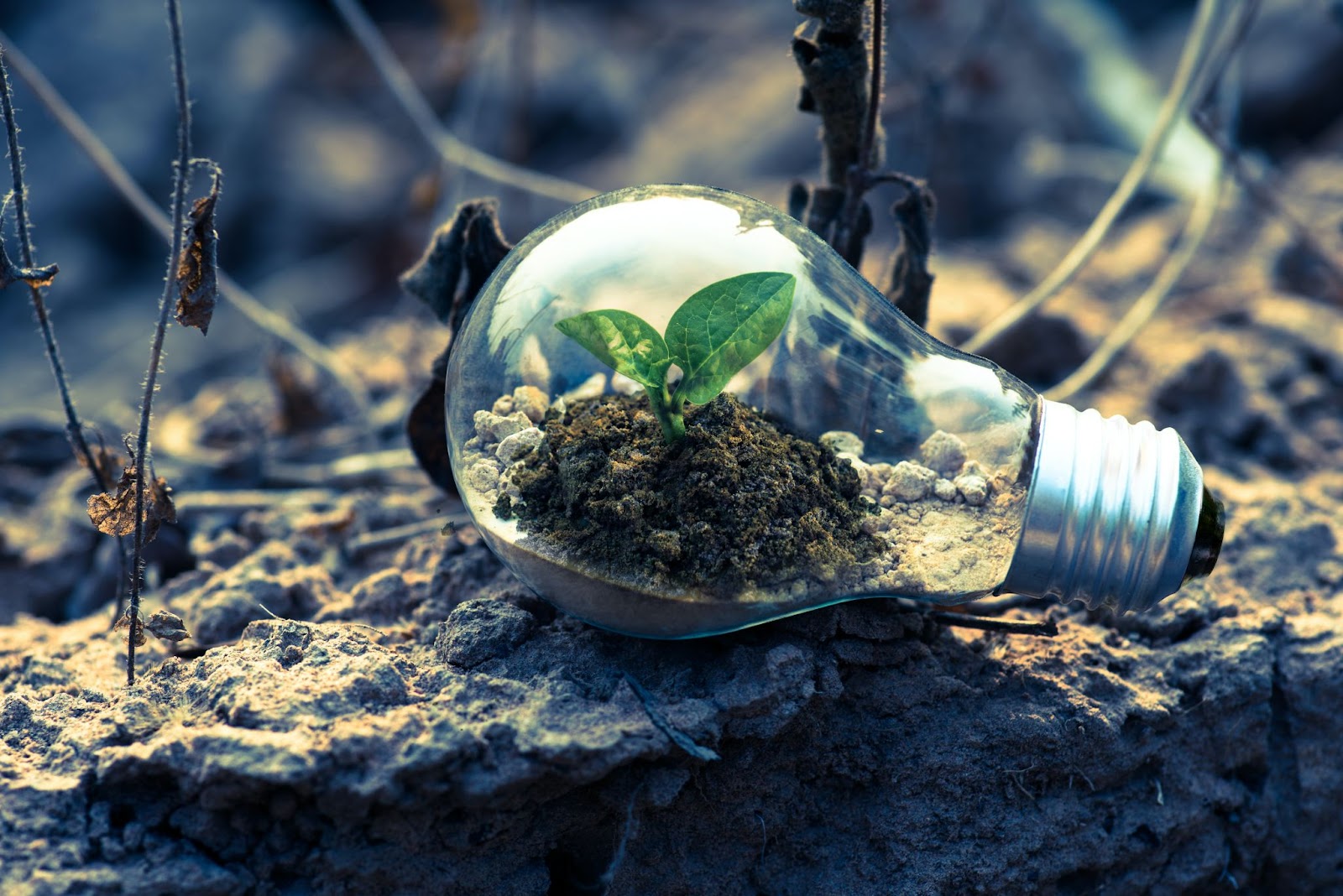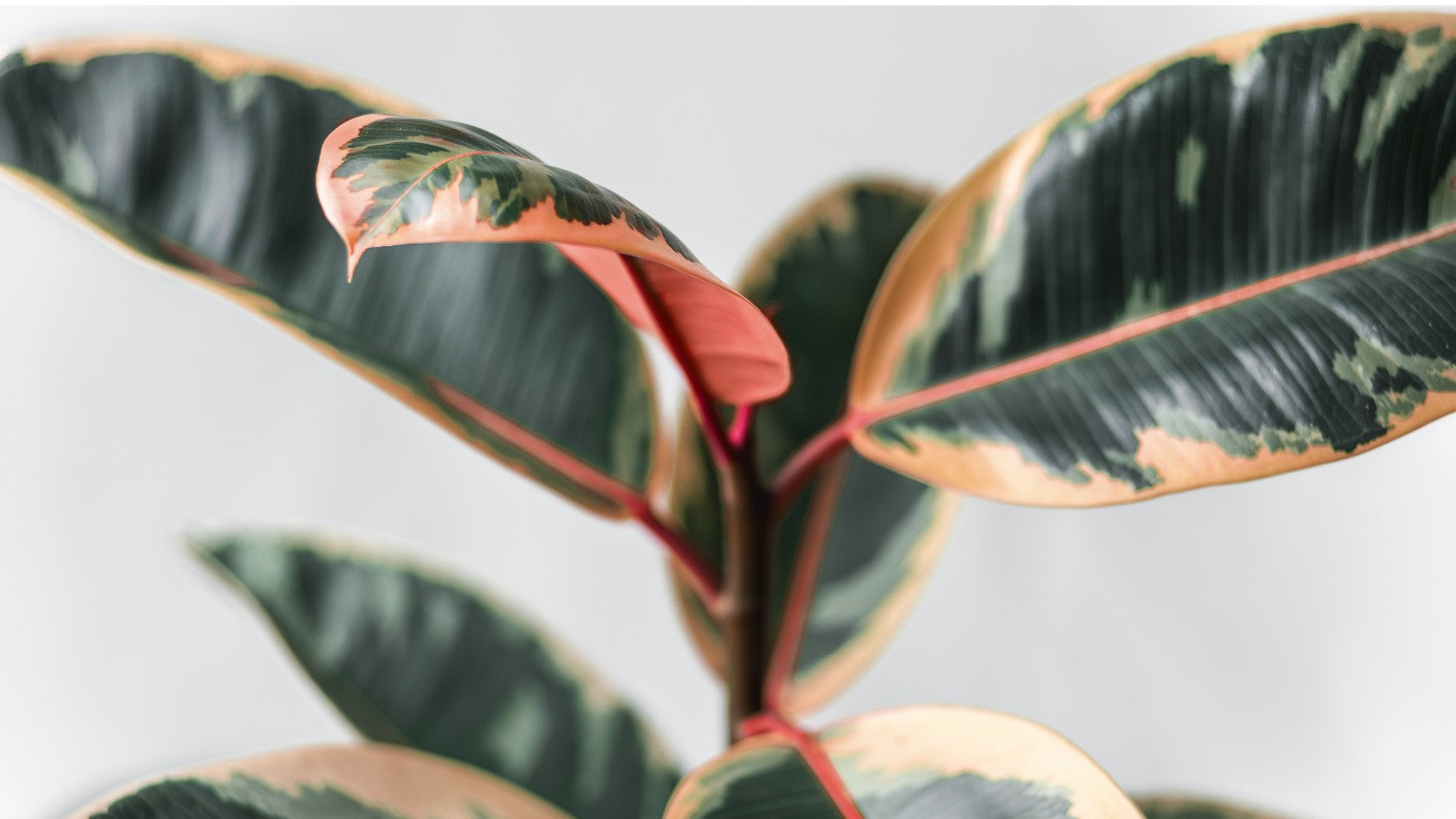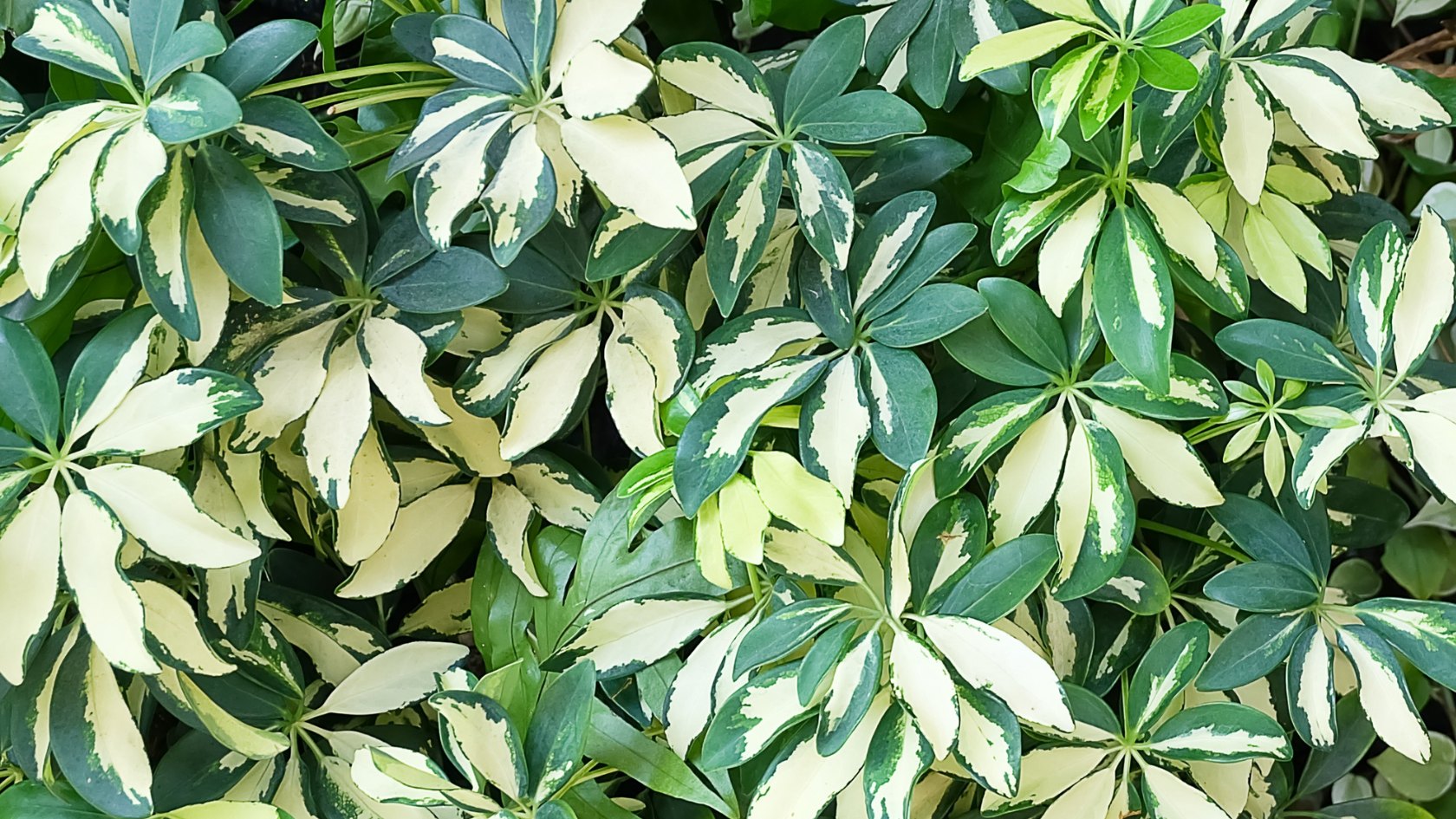Proper soil drainage is essential for the health of your garden. Without it, your plants can become waterlogged, leading to root rot and other issues. Improving the drainage of your soil is an important step in ensuring that your plants have the right conditions to grow and thrive.
The first step in improving soil drainage is to determine the type of soil you have. Sandy soils drain quickly and easily, while clay soils can become waterlogged. Understanding your soil type will help you to determine the best course of action for improving drainage. In British Columbia most ground soil has a lot of blue clay and thus you will need to do some work to increase the drainage for plants going straight into the ground.
One of the most effective ways to improve soil drainage is to add organic matter, such as compost or well-rotted manure, to your soil. Organic matter helps to improve the structure of the soil, making it more porous and allowing water to drain away more easily. It's also important to add organic matter to your soil regularly to maintain the soil structure and fertility.
Another way to improve soil drainage is to add grit or coarse sand to your soil. This can help to improve the drainage of heavy clay soils, by creating more gaps and channels for water to flow through.
If your soil is waterlogged, you can also use drainage pipes or a French drain to help move water away from your plants. These can be installed around the base of your garden, or dug into the soil itself.
If you are planting in raised beds or containers, ensure that the containers have drainage holes at the bottom to allow excess water to escape.
It's also important to ensure that your soil is not compacted, which can impede drainage. Aerating your soil by using a fork or taking the time to turn a large section of the soil before you start planting can help to improve drainage.
In addition to these techniques, it's also important to be mindful of watering your plants. Overwatering can lead to waterlogged soil, so it's important to water only when your plants need it, and not to over-water. Plants do not like having “wet feet” so it's important that you only give them the amount of water that is needed in order that the excess can drain away over the next hour or so.
By following these tips, you can improve the drainage of your soil and ensure that your plants have the right conditions to grow and thrive. Remember to pay attention to your soil and plants, and to make adjustments as needed.
Happy Gardening


